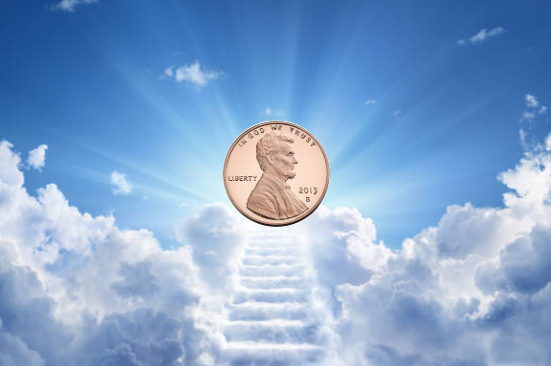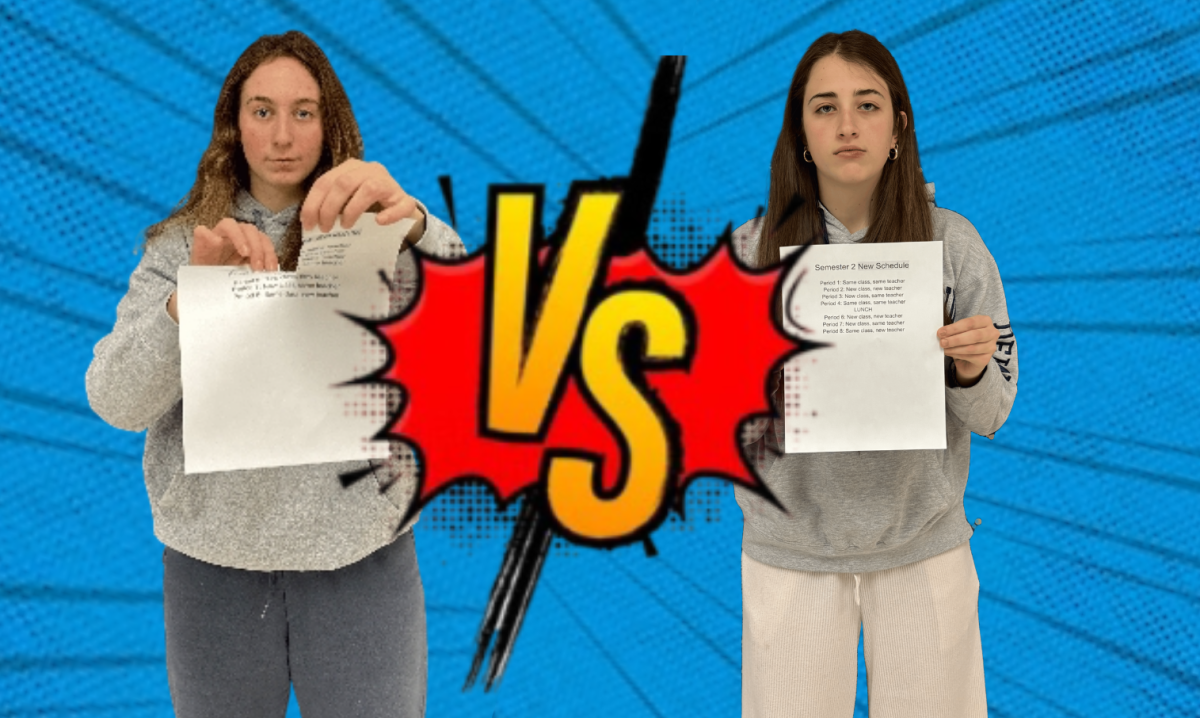In the Nov. 6 election, citizens took to the polls to elect our nation’s leaders and decide on some pressing referendums. Through the voting process, Colorado and Washington became the first states to legalize the distribution of recreational marijuana. The rest of the country should follow suit.
The two state laws are not exactly the same in terms of what they allow and how marijuana taxes will be spent, but both are trying to make good marijuana.
According to The Colorodoan, the state plans on exacting a 15 percent tax on marijuana sales. This is projected to generate more than $32 million in state revenue, not including the more than $14 million for local governments. It will also save more than $12 million on law enforcement. Much of this revenue will benefit local public schools, funneling $24 million towards rebuilding and improving schools.
According to CNN, Washington is legalizing marijuana to jump-start the conversation about legalizing it nationally and to educate people about marijuana and its effects, both positive and negative.
Both states are using the drug in a positive way, whether to improve the state economy, reduce illegal activity or allow people the right to have it while being educated about it.
Marijuana has a bad reputation because it is a drug, but in reality it is no more harmful than alcohol—in fact, it is safer.
According to Saferchoice.org, marijuana is safer for the consumer and the community.
The Center for Disease Control (CDC) reports over 37,000 alcohol-related deaths in the U.S. A category for marijuana-related deaths does not even exist. Also, there are no recorded incidents of marijuana overdose, a persistent problem with alcohol. Marijuana is not linked to violent behavior; alcohol is. At worst, marijuana creates physiological dependency; alcohol is physically addictive.
Alcohol has caused problems since America’s birth, but the strong desire for alcohol makes it too profitable to outlaw. Marijuana is shipped with truly harmful drugs, though its health risks are lower than alcohol. If legalized nationally, like alcohol, it could be very profitable to the U.S. economy.
According to The Huffington Post, enforcing marijuana prohibition costs taxpayers $41.8 billion a year. An additional $1 billion a year is spent on inmates in jail for marijuana-related incarcerations in U.S. prisons. Black-market marijuana is a $36 billion industry, and the legal marijuana industry is predicted to be nearly three times that amount.
Legalizing recreational marijuana would create jobs and revenue that would allow taxpayer money to be spent on other things, such as education. It is argued that legalizing marijuana would be detrimental to education, but this is not the case.
Legalizing marijuana would expose more students to the drug, but would not impede their education or distract them. Just because alcohol is legal does not mean everyone is drunk; marijuana use is the same. Also, the 21-year old smoking age will prevent high schoolers from having access to the drug. Marijuana, though illegal by federal law, is not difficult to obtain.
Of course, it is not true that marijuana has no negative effects.
According to Teengrowth.com, it has been shown to cause chest illness and coughing, in some cases memory loss and a higher risk of heart attack. However, it is most detrimental if it is used often over a long period of time.
Marijuana, like most substances, can be dangerous if abused, but if used in moderation, it is just a way to enjoy life on a different spectrum. By legalizing marijuana, people have the freedom to enjoy it as well as its numerous benefits to the economy. Not only was legalization a good idea in Colorado and Washington, but it is a good idea for the nation as a whole.







